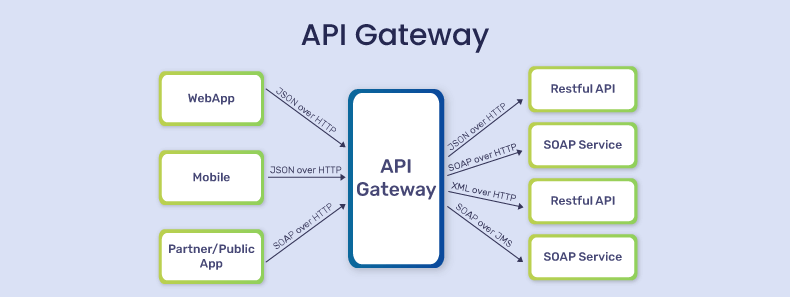APIs are the backbone of modern software systems. They enable communication between different applications and services, powering the digital experiences we use daily. To ensure APIs function efficiently and securely, businesses rely on API management tools. These tools provide capabilities like traffic monitoring, lifecycle management, and security features that help companies optimize their API usage. This article explains the importance of these tools, highlights their key features, and discusses how to choose the best ones for your needs.
Table of Contents
Why Are API Management Tools Necessary?
Effective management of APIs ensures smooth integration and data exchange between systems. API management tools simplify this process by offering a centralized platform to monitor, control, and secure APIs. These tools also ensure scalability, allowing businesses to handle increasing traffic without compromising performance.
Features of Top-Performing API Management Tools
The best API management tools come with features that simplify API usage and increase productivity. Here are some essential features:
- Security and Authorization
Protecting APIs from unauthorized access is critical. Good tools provide robust security protocols, including token-based authentication and encryption. - Traffic Monitoring and Analytics
Tools with monitoring capabilities allow businesses to track API usage, identify trends, and resolve bottlenecks before they impact users. - Lifecycle Management
From development to deprecation, these tools manage every stage of an API’s lifecycle. This is to keep APIs updated and functional. - Developer Support
Comprehensive documentation, testing environments, and support options are essential for quick and efficient API integration.
Popular API Management Tools to Consider
Many tools cater to businesses of all sizes, offering unique features and benefits. Here are some of the most effective API management tools:
Nevatech Sentinet
Nevatech Sentinet is a powerful API management tool designed for businesses seeking advanced capabilities. It offers a flexible platform for managing APIs and services across different environments.
- Key Features
Nevatech Sentinet focuses on security, governance, and performance. It includes built-in features like policy enforcement, API analytics, and lifecycle management. - User-Friendliness
Sentinet is designed for ease of use, allowing businesses to manage APIs and services with minimal complexity. Its intuitive dashboard and rich documentation support quick onboarding. - Scalability
Sentinet’s scalable architecture makes it ideal for both small businesses and large enterprises. It adapts to growing traffic and integrates seamlessly with existing systems.
Nevatech is particularly popular for organizations operating in hybrid mode and on-premises environments, providing full control and security for sensitive data.
Postman
Postman simplifies API testing and collaboration, making it a favorite among developers.
Apigee
Apigee by Google offers enterprise-grade analytics and scalability.
MuleSoft Anypoint Platform
MuleSoft integrates APIs across complex environments, making it ideal for businesses handling multiple systems.
Kong Enterprise
Kong’s high-performance and customizable platform is suitable for diverse API needs.
IBM API Connect
IBM API Connect stands out for its strong security features and seamless integration capabilities.
How to Choose the Right Tool
Choosing the best API management tool depends on the needs and preferences like:
- Business Requirements
Identify your needs and ensure the tool matches them. - Integration Capabilities
Check if the tool integrates smoothly with your systems. - Budget
Assess the costs and choose a tool that provides the best value. - Scalability and Support
Ensure the tool can scale as your business grows and provides reliable support.
Conclusion
Choosing the right API management tools can ease the whole process for effective API operations. Nevatech, in particular, is known for its robust security, scalability, and hybrid environment support. By assessing your business goals and technical requirements, you can select a tool that ensures secure, efficient, and scalable API management.

